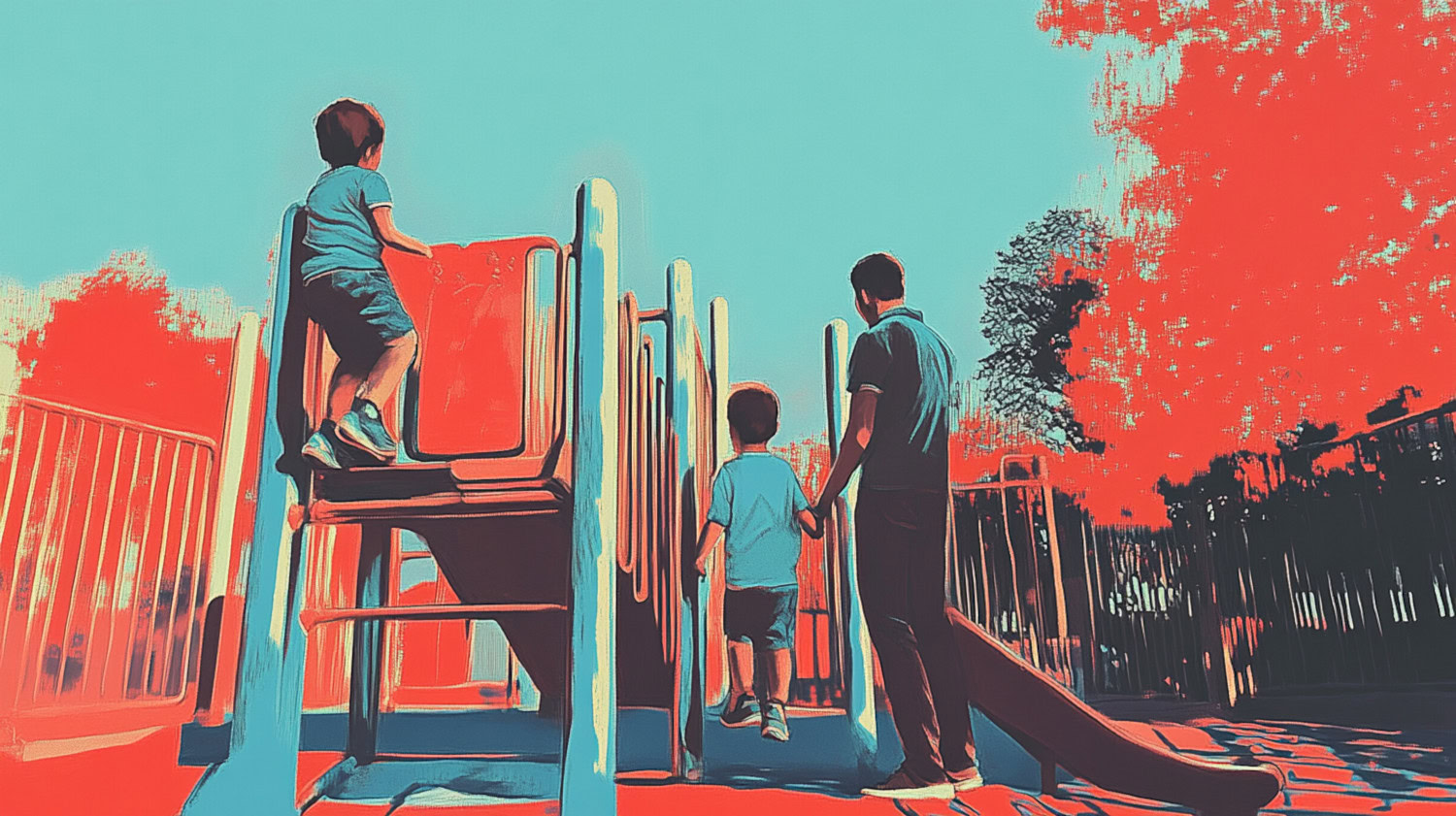Key Takeaways
- Some states have policies that protect the parental rights of medical cannabis patients.
- Even in legal states, cannabis use can lead to CPS or police involvement.
- Medical cannabis patients might consider proactively consulting an attorney to help protect their parental rights.
This history of cannabis policy in the United States is dominated by the era of prohibition, which continues in several states and at the federal level to this day. Millions of people have been put behind bars for using cannabis. Other negative consequences, including impacts on employment, housing, education, and social benefits, have affected many more. And unfortunately, the war on cannabis has adversely affected the parental rights of an untold number of consumers.
While some states have made progress in reducing the stigma against parents who use cannabis, legal risks still exist. This goes especially in states where cannabis remains illegal or in cases involving child custody. Conversely, some states have laws that specifically protect the parental rights of cannabis patients.
Note: This article is for informational purposes only and is not intended to provide medical advice. Patients should consult a healthcare professional for guidance about medical cannabis use.
How Can Cannabis Affect Parental Rights?

It is essential to remember that the primary goal of CPS is to protect the welfare of children, and workers in such agencies generally have the best interests of children at heart. All too often, the stigma against cannabis has had an undue influence on such proceedings.
These adverse outcomes for parents who use cannabis are becoming less frequent. A number of states that have legalized cannabis have adopted legislation that specifically protects the parental custodial and visitation rights of medical cannabis patients.
Other states have broad legal protections for all cannabis patients that could be interpreted to include parental rights. Under South Dakota law, for example, patients are protected from arrest for possession, cultivation, or use, as long as they have a valid medical cannabis card. Other states have similar provisions, according to information from the Marijuana Policy Project.
Some states, however, have laws on the books that can put the parental rights of registered cannabis patients at risk. Alabama law, for example, allows officials to consider a patient’s medical cannabis use as a factor in determining the child’s welfare in regard to custody matters.
States That Protect Patients’ Parental Rights

The following states have laws that include provisions to protect the parental rights of medical cannabis patients:
- California
- Delaware
- Hawaii
- Illinois
- Maine
- Michigan
- Minnesota
- New Hampshire
- New Jersey
- New Mexico
- New York
- Ohio
- Oklahoma
- Pennsylvania
- Utah
- Washington
Even in states that have patient parental protections, CPS, the courts, law enforcement agencies, and other officials are likely to view some actions unfavorably. Some things that can be considered inappropriate or even child endangerment include:
- Leaving cannabis within the reach of children
- Using cannabis in the presence of kids
- Allowing children access to cannabis gardens
- Driving while high
- Other potentially unsafe behavior
How You Can Help Ensure Your Rights Aren’t Affected

A patient’s status as a medical cannabis patient is confidential medical information. Simply having a medical card is not likely to appear on a background check or lead to a visit from CPS. Parents who are registered medical cannabis patients can take steps to reduce the risk of legal complications.
Patients should make sure their doctor’s recommendation to use cannabis and state medical cannabis patient registration, where required, are kept up to date. Check your state’s cannabis rules and regulations for more information.
Patients should not use cannabis in front of their children and should avoid driving high. Parents should also not leave weed, edibles, or other cannabis products where children can reach them. Smoking in the presence of children should especially be avoided due to concerns about secondhand smoke exposure and overall health risks.
Storing medical cannabis in a locked area is best for safety and security. Cannabis cultivation areas should also be kept locked and off-limits to kids.
Even the most conscientious parents can run into legal trouble in some areas, leading to CPS or law enforcement involvement. Parents who use medical cannabis, especially those with young children, might consider proactively consulting an attorney to ensure they are doing all they can to protect their rights.
Parental Rights and More
Cannabis policy reforms have introduced some protections for parents who are medical cannabis patients, but these protections vary by state and are not absolute. Reforms also include privacy and employment protections in some states, further protecting patients’ rights.
Nothing in this article should be construed as legal advice. Patient rights vary from state to state. To best protect their rights, medical cannabis patients with minor children should consult an attorney experienced in cannabis and family law.
The information in this article and any included images or charts are for educational purposes only. This information is neither a substitute for, nor does it replace, professional legal advice or medical advice, diagnosis, or treatment. If you have any concerns or questions about laws, regulations, or your health, you should always consult with an attorney, physician or other licensed professional.




